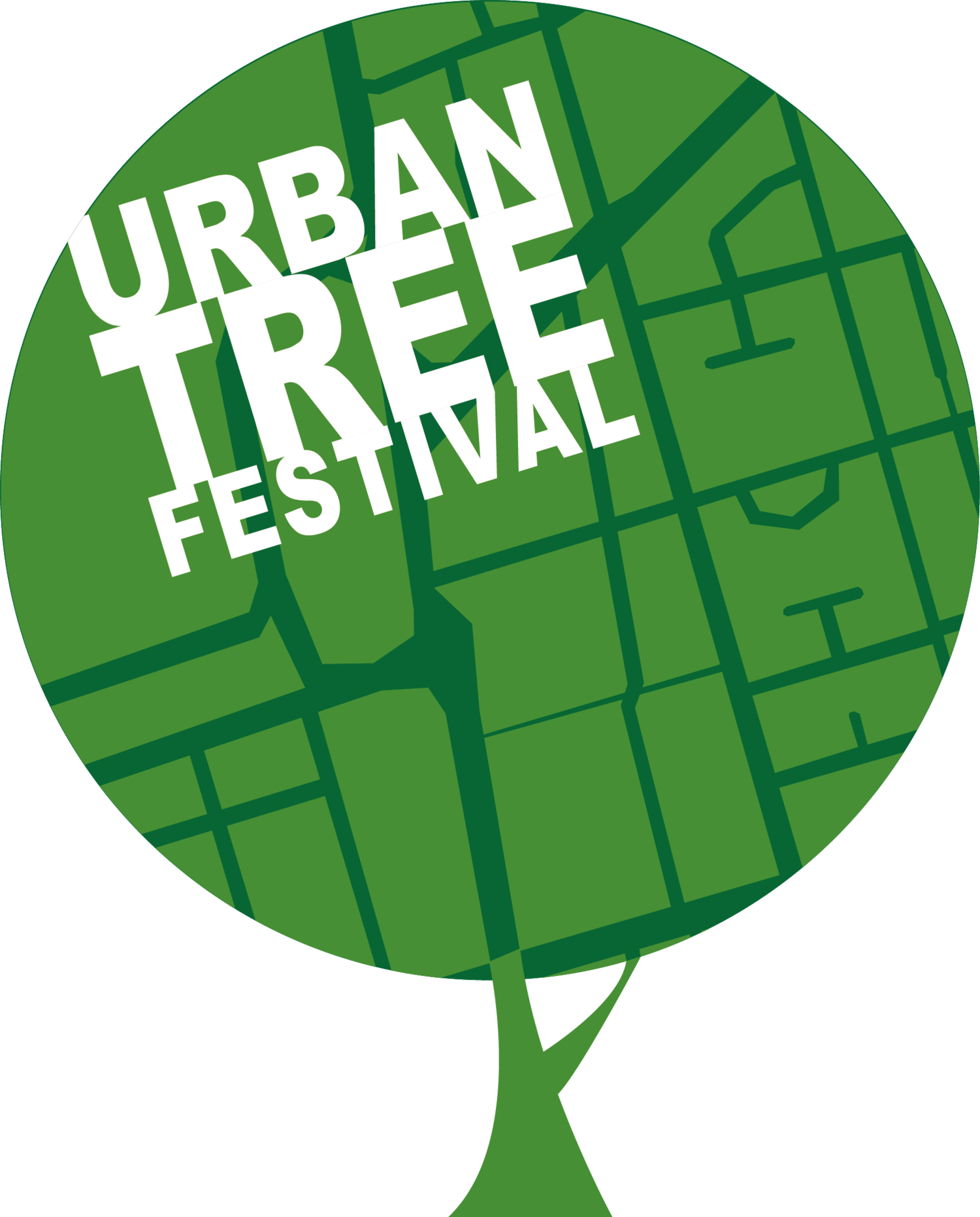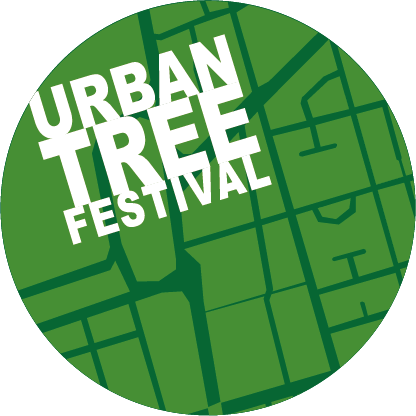Useful trees for urban gardens
A guest blog by Martin Crawford of the Agroforestry Research Trust
Martin Crawford founded the Agroforestry Research Trust in 1991 and specialises in forest gardens (also known as food forests). Forest gardens are low maintenance, highly sustainable systems that store more carbon than any other growing system producing food. The ART has 20 acres of trial grounds in Devon where several forest gardens of different scales are under way, from a mature 26-year-old garden to a brand new garden only just started in 2020.
The foundation of a forest garden is the tree layer (or layers), where useful and productive trees are grown including fruit and nut trees, trees vegetables, nitrogen-fixing fertility trees and trees for other uses both direct and indirect. Beneath the tree layer come shrubs, perennial crops and ground covers, making an integrated and resilient system. This video looks at small trees that are suitable for smaller urban gardens and forest gardens, filmed in Dartington in May 2020.
Martin Crawford founded the Agroforestry Research Trust (ART) in 1991 and specialises in forest gardens (also known as food forests). Forest gardens are low maintenance, highly sustainable systems that store more carbon than any other growing system producing food. The ART has 20 acres of trial grounds in Devon where several forest gardens of different scales are under way, from a mature 27-year-old garden to a brand new garden only just started in 2020. The ART is organising the first International Forest Garden Food Forest Symposium which will be online from 31st May 2021 (www.agroforestry.co.uk/symposium).


